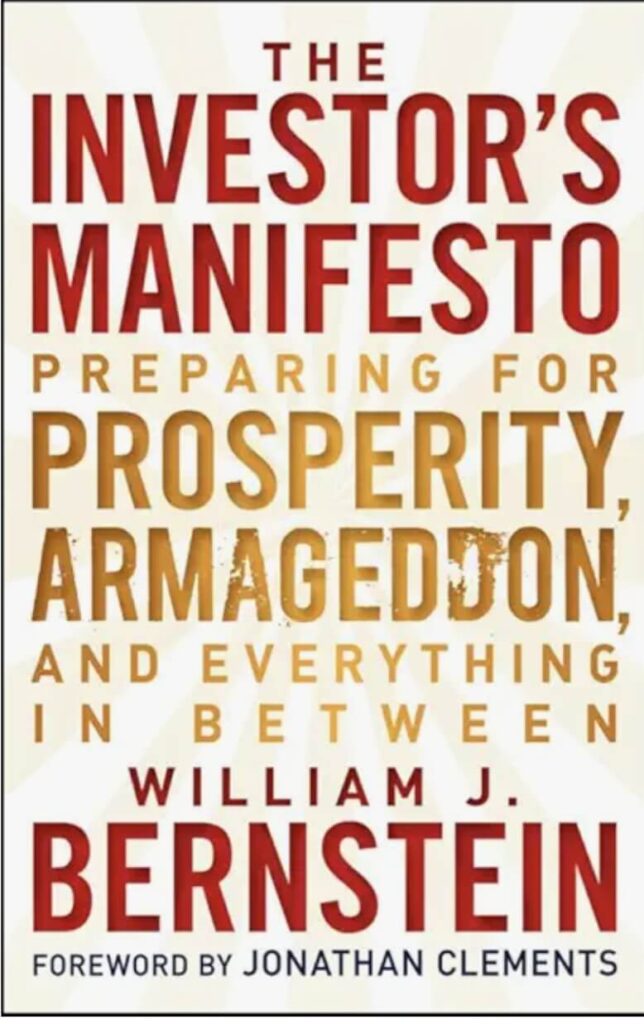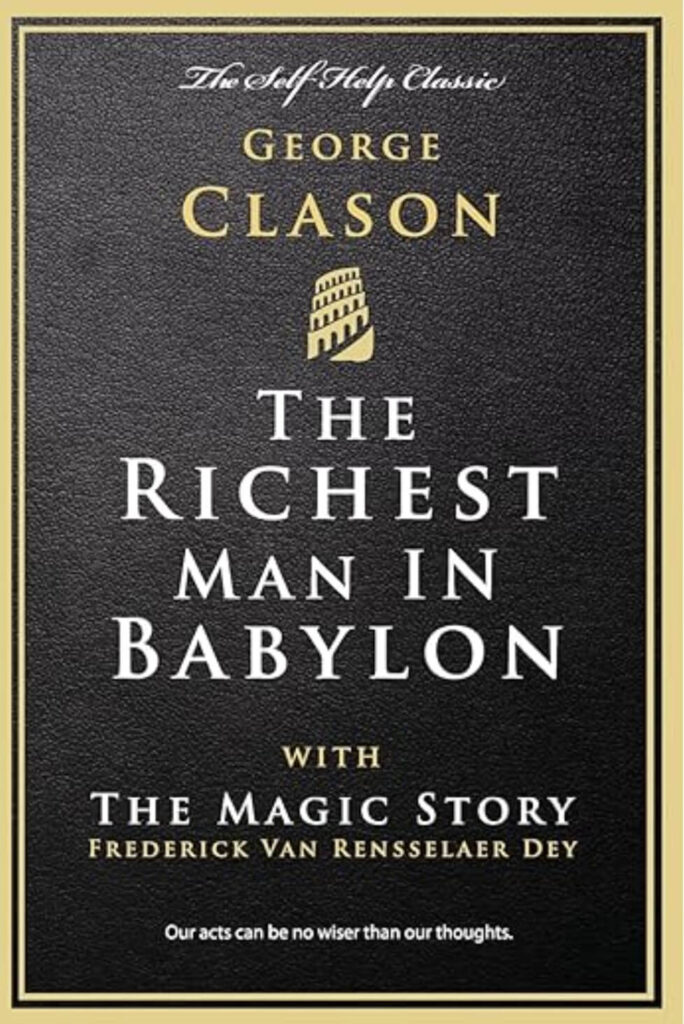What if the real drivers of economic booms and busts weren’t just interest rates, inflation data, or policy decisions — but the stories people believe?
In Narrative Economics, Nobel laureate Robert J. Shiller flips traditional economics on its head. He argues that to truly understand the economy, we must look beyond the numbers and into the narratives — the viral ideas and contagious beliefs — that shape public behavior and, ultimately, economic outcomes.
If you’ve ever wondered how a meme stock takes off, why housing bubbles grow, or what causes sudden shifts in consumer confidence, this book is your answer.
💡 Why This Book Is a Game-Changer
Economics has long focused on rational actors and measurable trends. But Shiller makes the case that economists have overlooked something vital: the power of storytelling. In the same way a catchy tune spreads through a population, so too do economic narratives — like “homeownership is the American dream,” or “Bitcoin is the future of money.”
These stories may not be based on solid fundamentals, but once they take hold, they can move markets and reshape economic policy. And like viruses, they can go “viral,” mutate, fade, and reemerge over time.
Shiller’s insight is simple but revolutionary: ideas matter not just for what they say, but for how widely they are believed and repeated.
🧠 The Core Idea: Economics as a Narrative Ecosystem
Shiller draws parallels between the spread of narratives and the spread of diseases. Using epidemiological models, he shows how economic ideas — both sound and misleading — can take on a life of their own. For instance:
⦁ The 1920s “new era” belief that stocks would always rise helped fuel the lead-up to the Great Depression.
⦁ The idea that “real estate never goes down” was a core narrative behind the 2008 housing crisis.
⦁ More recently, phrases like “retail investors are taking back Wall Street” or “AI will replace all jobs” have shaped both markets and behavior.
Importantly, these narratives don’t have to be true to be powerful. They just need to be believable, shareable, and emotionally resonant.
📚 What Makes Narrative Economics Unique?
⦁ A New Lens for Understanding Economic Events
Shiller reinterprets major historical economic shifts — from the Great Depression to the Great Recession — not only through charts and policies but through the dominant stories of the time. He shows how these narratives influenced spending, saving, investing, and policymaking far more than rational analysis might suggest.
⦁ Interdisciplinary Approach
This isn’t just a book about economics — it draws on psychology, sociology, history, epidemiology, and even media studies. It challenges readers to think like both economists and storytellers.
⦁ A Call to Rethink Economic Models
Traditional models often assume that individuals act on stable preferences and complete information. Shiller says that’s not how the world works. People act on ideas — and those ideas often come from media, friends, influencers, or gut feelings
🎯 Real-World Relevance
In today’s hyper-connected world, where narratives spread at lightning speed through social media, Narrative Economics feels more urgent than ever.
Consider:
⦁ Meme Stocks: GameStop and AMC weren’t driven by fundamentals — they were driven by online communities rallying around the idea of a “David vs. Goliath” financial revolution.
⦁ Cryptocurrency: Bitcoin’s price swings often correlate more with sentiment shifts and viral narratives than technical developments.
⦁ Economic Policy: Politicians craft narratives to sell policies, from tax cuts to stimulus bills. Public response is often more about belief than fact.
Shiller’s message is clear: to understand the economy, we need to understand the stories people believe.
✅ Why You Should Read It
⦁ It Explains the Unexplainable
Have you ever watched a market trend that made no sense and asked, “Why is this happening?” Narrative Economics gives you a framework for making sense of the irrational — not by rejecting it, but by studying it.
⦁ It’s Surprisingly Accessible
While Shiller is a heavyweight economist, his writing is clear, engaging, and often anecdotal. He weaves in examples from history, pop culture, and recent events to illustrate his points.
⦁ It Will Change How You See the World
After reading this book, you’ll start spotting economic narratives everywhere — in political speeches, advertising, investor forums, and news coverage. It’s like putting on a new pair of glasses.
⚠️ Where It Might Be Challenging
⦁ It’s a Big Shift from Traditional Thinking
If you’re used to the idea that economics is purely about data and rational choices, this book requires a mindset shift. It challenges core assumptions and asks you to embrace ambiguity and subjectivity.
⦁ It Lacks Specific Prescriptions
While Shiller makes a compelling case for including narratives in economic analysis, the book is less clear on how to systematically measure or model them. It opens a door, but doesn’t fully map the territory.
💬 What Readers and Critics Say
⦁ “A brilliant new way of thinking about market behavior.” — Many reviewers praised the book’s originality and relevance, especially in light of recent market manias.
⦁ “Less about data, more about stories.” — Some readers expected more technical depth but appreciated the broad, narrative-driven approach.
⦁ “A foundational idea for the future of economics.” — Economists and students alike see this as a possible starting point for a new subfield.
One reviewer summed it up well: “Shiller gives voice to what many of us intuitively knew — that people follow stories, not spreadsheets.”
📈 Final Verdict: ★★★★☆ (4.5/5)
Narrative Economics isn’t your standard economics book — and that’s exactly why it matters. It dares to argue that the economy is shaped as much by emotion, imagination, and conversation as by interest rates and GDP.
It doesn’t pretend to have all the answers. But it asks exactly the right question: What if the most important factor in economics is what people believe — and how fast those beliefs spread?
In a world where information is constant and attention is scarce, understanding narratives isn’t just a curiosity — it’s a necessity.
Whether you’re an investor trying to interpret market sentiment, a policymaker hoping to influence public opinion, or a curious reader eager to understand why economic movements so often defy logic, this book is an essential read.




